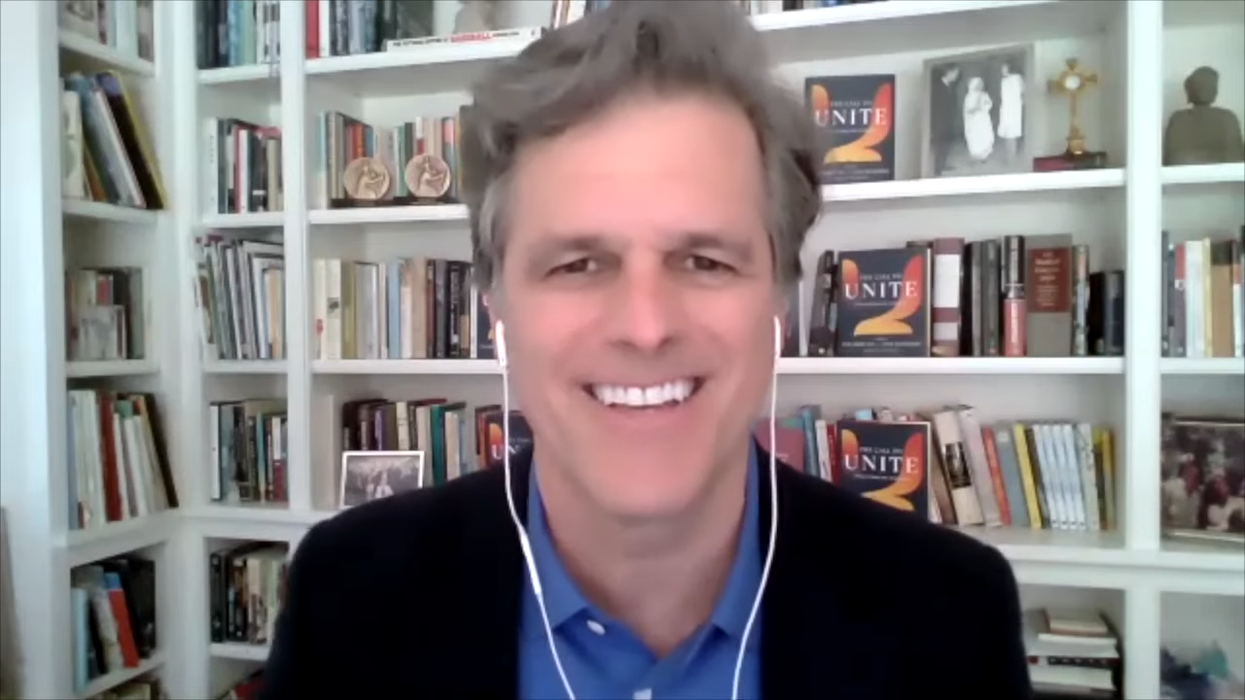Tim Shriver leads the International Board of Directors of the Special Olympics and serves together with 6 million Special Olympics athletes in 200 countries to promote health, education, and a more unified world through the joy of sports.
Shriver joined the Special Olympics in 1996. He is a leading educator who focuses on the social and emotional factors in learning. He co-founded and currently chairs the Collaborative for Academic, Social, and Emotional Learning (CASEL), the leading school reform organization in the field of social and emotional learning.
He is a member of the Council on Foreign Relations, Co-Chairman of the National Commission on Social and Emotional Learning, President of the Joseph P. Kennedy Jr. Foundation, Member of the Board of Directors for the WPP Group, LLC, and a co-founder of Lovin’ Scoopful Ice Cream Company.
Shriver earned his undergraduate degree from Yale University, a Master’s degree from Catholic University, and a Doctorate in Education from the University of Connecticut.
Shriver is the founder of “The Call to Unite and The Dignity Index." The dignity index was created to help us learn about the principles of dignity and how they can be applied in our families, communities, workplaces, and country.
He has produced four films, is the author of the New York Times Best Selling book Fully Alive—Discovering What Matters Most, has written for dozens of newspapers and magazines and has been rewarded with degrees and honors, which he happily accepted on behalf of others. Shriver and his wife, Linda Potter, reside in the Washington, D.C. area and have five adult children.
I had the wonderful opportunity to interview Tim Shriver for the CityBiz “Meet the Change Leaders” series.
Watch to learn the full extent of the important work he does to bring us together as a country: https://www.youtube.com/watch?v=cgfJifvbp74&t=3s


















 "On the Frontlines of Democracy" by Nonprofit Vote,
"On the Frontlines of Democracy" by Nonprofit Vote,

Trump & Hegseth gave Mark Kelly a huge 2028 gift